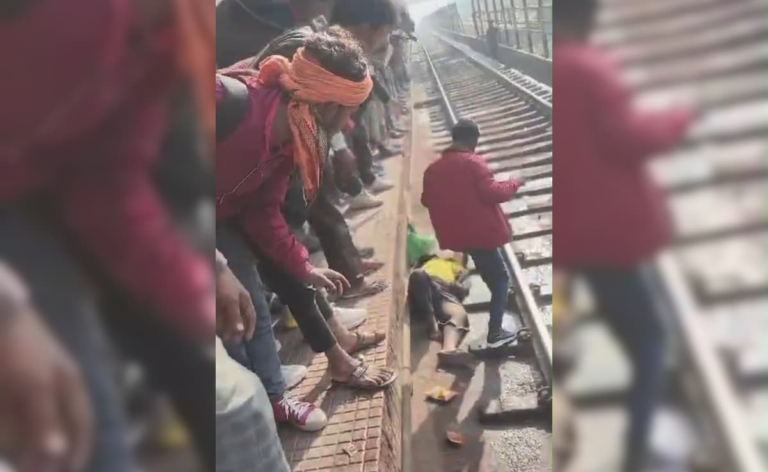
In 2011, the Trinamool Congress (TMC) led by Mamata Banerjee won a landslide victory in the West Bengal assembly elections to end 34 years of uninterrupted CPM-led Left Front rule. A key promise of the TMC then was poriborton (change). The change Banerjee promised was not just a change of government but also a change of the toxic political culture, produced by a self-serving nexus of party cadres and government machinery. Protests in Singur and Nandigram over land acquisition led to a groundswell against the CPM organisation and later, the government, in the 2010s. Land acquisition may have been the immediate trigger, but underlining the protests then was anger against the party government that had refused to let people breathe, and voice their discontent against party cadres and policies. The ongoing protests in Sandeshkhali, a village in North 24 Parganas, suggest that the plot has not changed in West Bengal politics even though the cast has.

In 2011, the Trinamool Congress (TMC) led by Mamata Banerjee won a landslide victory in the West Bengal assembly elections to end 34 years of uninterrupted CPM-led Left Front rule. A key promise of the TMC then was poriborton (change). The change Banerjee promised was not just a change of government but also a change of the toxic political culture, produced by a self-serving nexus of party cadres and government machinery. Protests in Singur and Nandigram over land acquisition led to a groundswell against the CPM organisation and later, the government, in the 2010s. Land acquisition may have been the immediate trigger, but underlining the protests then was anger against the party government that had refused to let people breathe, and voice their discontent against party cadres and policies. The ongoing protests in Sandeshkhali, a village in North 24 Parganas, suggest that the plot has not changed in West Bengal politics even though the cast has.
Sandeshkhali is a throwback to the past when the party in office thought it could ignore public anger and back tainted leaders. Chief minister Banerjee needs to uphold the rule of law and ensure that the state machinery implements the law impartially and is seen to be doing so. It has not helped that the state police are unable to apprehend Sheikh Shahjahan, a TMC leader, on the run in an alleged ration scam. The violence in Sandeshkhali started when a mob attacked Enforcement Directorate officials who were raiding Shahjahan’s residence on January 5. Since then, allegations of land grab and sexual harassment, including child abuse, have been levelled against Shahjahan and his aides. State police were late to act on the charges while the TMC accused the BJP and the Left-Congress leadership as well as the state governor, CV Ananda Bose, of politicising the case. On Saturday, gang rape charges were finally and belatedly filed against TMC leaders named in the case following intense pressure from the ground and the Opposition.
Violence has been a leitmotif of politics in West Bengal since the late 1960s. The Congress and the CPM used it to suppress political opposition. In office, the TMC has followed the same template, using its presence in government to influence all aspects of civic life and the political process, to monopolise power and control public institutions. Sandeshkhali suggests that the people have had enough; it is a warning the TMC needs to heed, especially with national elections around the corner.
Continue reading with HT Premium Subscription
Daily E Paper I Premium Articles I Brunch E Magazine I Daily Infographics








